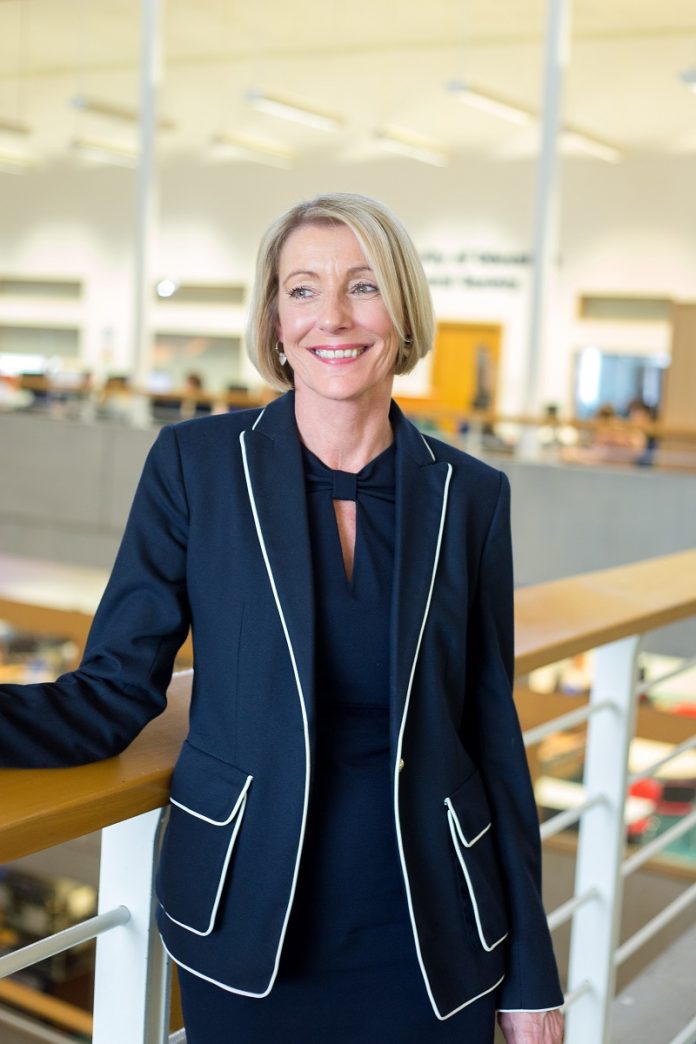Experts from the University of Sunderland are leading the way in national policy when it comes to training teachers during the pandemic.
Professor Lynne McKenna, Dean of the Faculty of Education and Society, is playing a key role in shaping the future of teacher training as the sector continues to adjust to teaching in a Covid-affected world.
Professor McKenna believes trainee teachers from the university – as well as those across the UK – can play a key role in supporting schools who are managing the delivery of learning and teaching in ‘bubbles’, while facing instances of staff and pupils requiring to self-isolate after displaying symptoms or testing positive for Covid-19.
Prof McKenna said: “During lockdown, I outlined to the Department for Education the potential for supporting schools and Initial Teacher Training trainees through virtual and blended placements in the event of school closures, circuit breaks, or regional and national lockdowns.”
As a result of Prof McKenna’s proposals, the DfE announced new guidance for ITT providers and their school partners.
The key points were the removal of the:
- expectation that trainees train to teach in at least two schools
- requirement for a trainee to have met the standards across the full age and ability range of training
- expectation that training programmes cover no fewer than four school years.
The recently announced expectation from the DfE that schools are expected to provide immediate access to remote education will come into force on 22nd October 2020.
Professor Lynne McKenna said “The designation of student teachers as ‘critical workers’ is very welcome and will be very reassuring for schools. In the same way, the contribution student teachers can make to the delivery of remote education could be a game-changer for our schools. Our student teachers are entering the profession at a time when teaching will look and feel very different but they have been extremely well prepared for these additional requirements in these extraordinary times.”
The new Government guidance highlights the use of online and blended learning to support catch up; enhance bubbles, and enable pupils to continue receiving a high-quality education that allows access to high-quality online and offline resources.
Concerns are growing that many schools across the UK are struggling with staffing issues. A recent survey by the National Association of Head Teachers found that 45% of schools have teachers who are currently unable to attend because they are awaiting a coronavirus test.
Professor McKenna said: “The ability to engage with flexible virtual placements will make trainee teachers fully prepared for an educational landscape where blended teaching and learning may become more commonplace and the use of virtual and blended placements will support this.
“The School of Education sees this as a very positive development to support trainees on placement whilst also giving the opportunity for schools to work with excellent ITT trainees to enhance their teaching and learning offer to pupils.
“Our Academic Placements Lead has prepared guidance for schools on the seamless transition to virtual/blended placements for schools and settings in the event of the introduction of any ‘circuit breakers’ or lockdowns.
“However, we are keen to ensure arrangements are bespoke to the needs of individual schools and have asked them to contact us if they have any needs bespoke to their own schools which they would like to discuss with us.”
















